Filter resources by type or complexity
All AdvancedArticleBeginnerCase StudyIntermediatePodcastProjectReportResearch PaperVideoWhite PaperInfluence of Skin Type and Wavelength on Light Wave Reflectance
The intent of the study was to determine the influence of skin type and wavelength on light reflectance for pulse rate detection. PPG sensors detecting changes in blood flow are assessed for effectiveness on dark and light skin tones. Studies have shown that green light lacks precision and accuracy, and may not read at all […]
Read More
Accuracy in Wrist-Worn, Sensor-Based Measurements of Heart Rate and Energy Expenditure in a Diverse Cohort
The ability to measure physical activity through wrist-worn devices provides an opportunity for cardiovascular medicine. However, the accuracy of commercial devices is largely unknown. The aim of this work is to assess the accuracy of seven commercially available wrist-worn devices in estimating hea… This research paper assesses the accuracy of seven commercially available wrist-worn devices, […]
Read More
Use of AI-based tools for healthcare purposes: a survey study from consumers’ perspectives
This study sheds more light on factors affecting perceived risks and proposes some recommendations on how to practically reduce these concerns. The findings of this study provide implications for research and practice in the area of AI-based CDS. Regulatory agencies, in cooperation with healthcare… This paper examines AI-based tools for healthcare from a consumer’s perspective. […]
Read More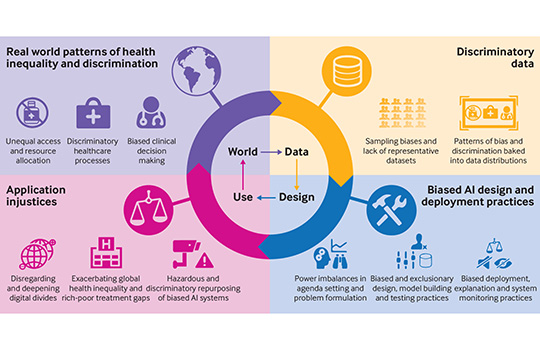
Does “AI” stand for augmenting inequality in the era of covid-19 healthcare?
Artificial intelligence can help tackle the covid-19 pandemic, but bias and discrimination in its design and deployment risk exacerbating existing health inequity argue David Leslie and colleagues. Among the most damaging characteristics of the covid-19 pandemic has been its disproportionate effect… A team of medical ethics researchers are arguing that bias and discrimination within AI […]
Read More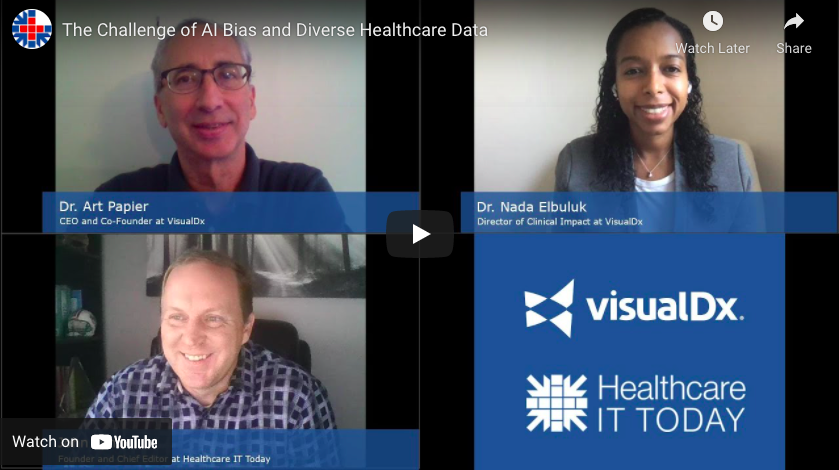
The Challenge of AI Bias and Diverse Healthcare Data
The double-edged sword of AI with bias; on the one hand it could treat every patient objectively and reduce bias, and on the other could impact certain patient populations adversely by using non-representative data. This video examines the potential of AI in reducing biases within medical diagnosis, by using AI technologies to understand how diseases […]
Read More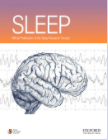
Limiting racial disparities and bias for wearable devices in health science research
Consumer wearables are devices used for tracking activity, sleep, and other health-related outcomes (e.g. Apple Watch, Fitbit, Samsung, Basis, Mio, PulseOn, Who Consumer wearables are devices used for tracking activity, sleep and other health-related outcomes, intended to help people reach their wellness goals. However these wearables are less accurate for people with darker skin tones, […]
Read More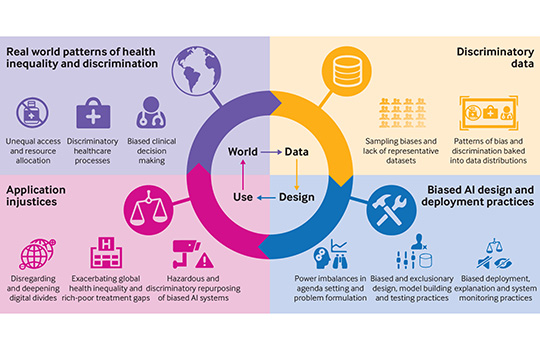
Does “AI” stand for augmenting inequality in the era of covid-19 healthcare?
Artificial intelligence can help tackle the covid-19 pandemic, but bias and discrimination in its design and deployment risk exacerbating existing health inequity argue David Leslie and colleagues Among the most damaging characteristics of the covid-19 pandemic has been its disproportionate effect… A team of medical ethics researchers are arguing that bias and discrimination within AI […]
Read More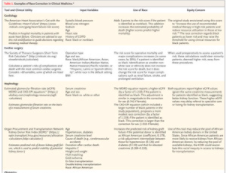
The Need for Use of Race Correction in Clinical Algorithms
Medicine and Society from The New England Journal of Medicine — Hidden in Plain Sight — Reconsidering the Use of Race Correction in Clinical Algorithms Physicians still lack consensus on the meaning of race within medical science; there is an ongoing debate as to whether racial and ethnic categories can reflect underlying population genetics, and […]
Read More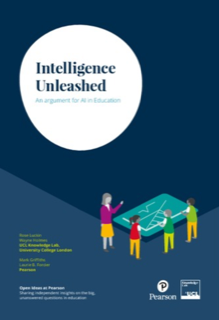
Intelligence Unleashed – An argument for education
This research paper gives arguments for how AI can benefit our education system. It argues that AI can support teachers in giving children the best education whilst not taking away from the humanity of it. AI can be beneficial in aspects such as online tutoring, collaborative learning, and tackling achievement gaps. While it does not […]
Read MoreMeasuring racial discrimination in algorithms
Measuring racial discrimination in algorithms There is growing concern that the rise of algorithmic decision-making can lead to discrimination against legally protected groups, but measuring such algorithmic discrimination is often hampered by a fundamental selection challenge. We develop new quasi-experimental tools to overcome this challenge and measure algorithmic discrimination in the setting of pre-trial bail […]
Read More
Reducing bias in AI-based financial services
The impact of artificial intelligence in consumer lending. This US focused report considers four distinct ways of incorporating Artificial Intelligence into credit lending. It highlights the existing racial bias in credit scores, where white / non-hispanic individuals are likely to have a much higher credit score than black / African American individuals. And argues that […]
Read MoreEvaluating neural toxic degeneration in language models
Real toxicity prompts Pre-trained neural language models (LMs) are prone to generating racist, sexist, or otherwise toxic language which hinders their safe deployment. We investigate the extent to which pre-trained LMs can be prompted to generate toxic language, and the effectiveness of controllable text generation algorithms at preventing such toxic degeneration This paper highlights how […]
Read More
Gender Shades: Intersectional Accuracy Disparities in Commercial Gender Classification
Gender Shades: Intersectional Accuracy Disparities in Commercial Gender Classification – MIT Media Lab Recent studies demonstrate that machine learning algorithms can discriminate based on classes like race and gender. In this work, we present an approach to e… ccording to this paper researchers from MIT and Stanford University, three commercially released facial-analysis programs from major […]
Read More
When your resume is (not) turning you down: Modelling ethnic bias in resume screening
Resume screening is the first hurdle applicants typically face when they apply for a job. Despite the many empirical studies showing bias at the resume‐screening stage, fairness at this funnelling st… CVs are worldwide one of the most frequently used screening tools. CV screening is also the first hurdle applicants typically face when they apply […]
Read More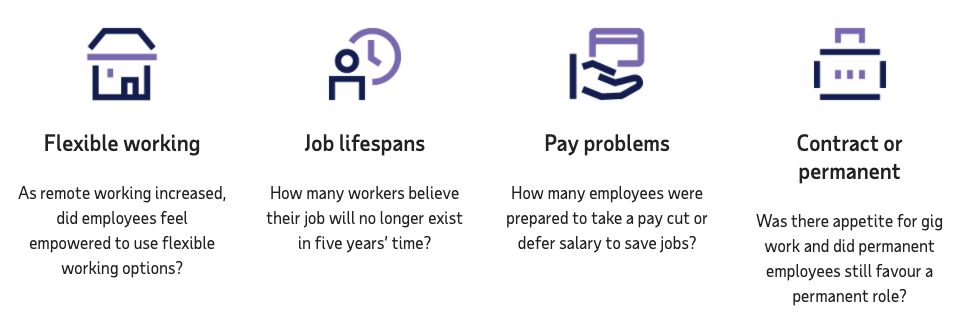
Workforce View 2020
High definition research into employee attitudes Comprehensive report on worker sentiment about the general outlook for the workplace and the long-term prospects for the jobs they’re holding. High levels of anxiety in workers due to automation.
Read More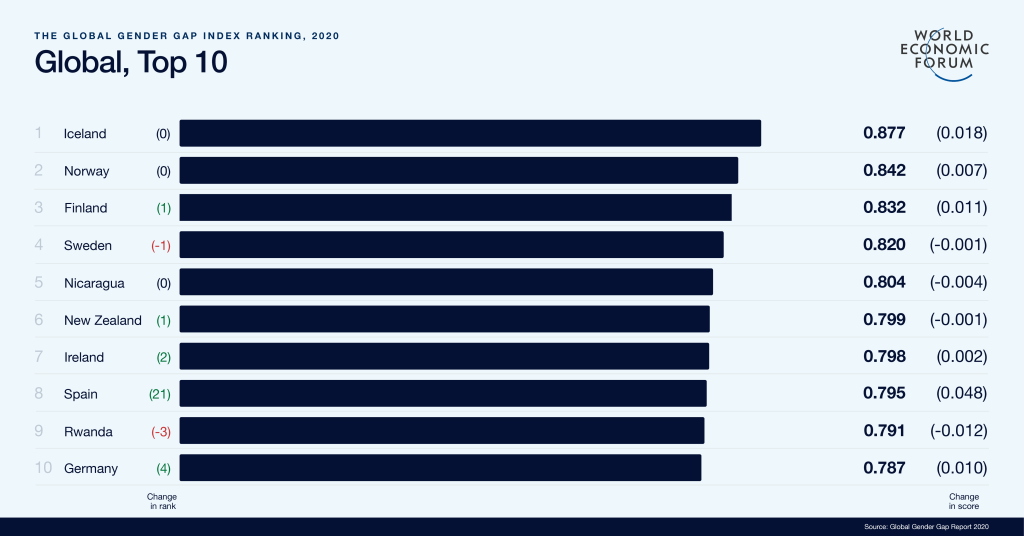
The Future of Jobs Report 2020
After years of growing income inequality, concerns about technology-driven displacement of jobs, and rising societal discord globally, the combined health and economic shocks of 2020 have put economies into freefall, disrupted labour markets and fully revealed the inadequacies of our social contract… Comprehensive report on the future of work, increase of automation/digitalisation of tasks and […]
Read More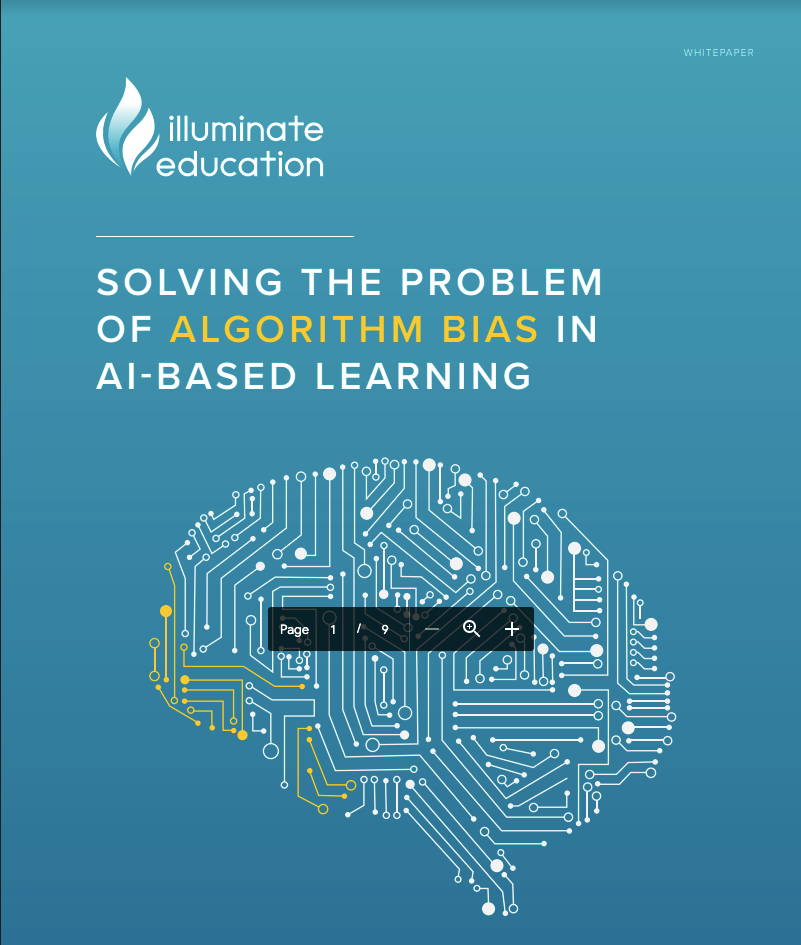
Solving The Problem Of Algorithm Bias In AI-Based Learning
This white paper takes a deeper dive into the data and algorithm used to underestimate the pass rate of students of certain nationalities, looking at how data and modelling can lead to bias.
Read MoreUsing Simulated Data to Generate Images of Climate Change
A case study from ResearchGate We present a project that aims to generate images that depict accurate, vivid, and personalized outcomes of climate change using Cycle-Consistent Adversarial Networks (CycleGANs). Case Study: Explores the potential of using images from a simulated 3D environment to improve a domain adaptation task carried out by the MUNIT architecture, aiming […]
Read More
The danger of predictive algorithms in criminal justice
A study on the discriminatory impact of algorithms in pre-trial bail decisions.
Read More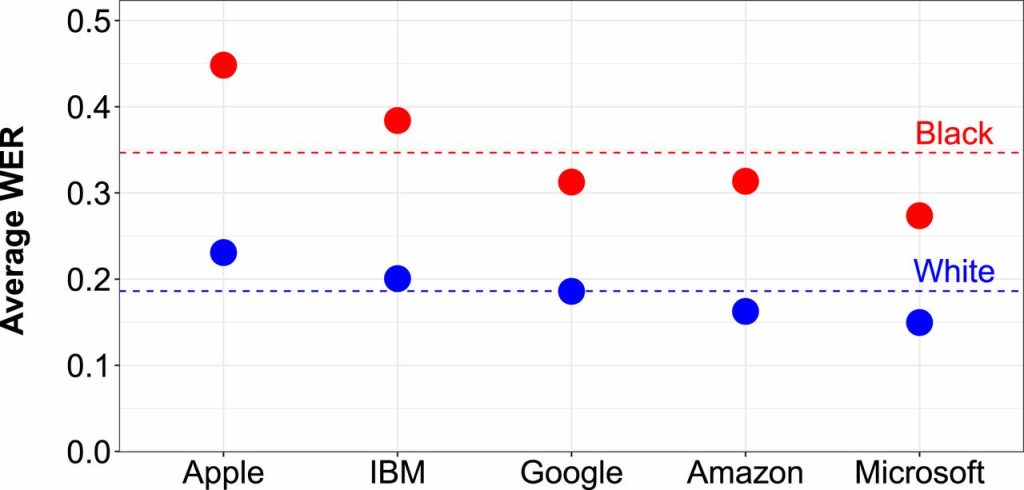
Racial disparities in automated speech recognition
Racial disparities in automated speech recognition Automated speech recognition (ASR) systems are now used in a variety of applications to convert spoken language to text, from virtual assistants, to closed captioning, to hands-free computing. By analyzing a large corpus of sociolinguistic interviews with white and African American speakers, we demo… Analysis of five state-of-the-art automated […]
Read MoreUnmasking Facial Recognition
Facial recognition is not the next generation of CCTV. Whilst CCTV takes pictures, facial recognition takes measurements. Measurements of the distance between your eyes, the length of your nose, the shape of your face. In this sense, facial recognition is the next generation of fingerprinting. It is a highly intrusive form of surveillance which everyone […]
Read MoreLet’s Talk About Race: identity, chatbots, and AI
A research paper about race and AI chatbots Why is it so hard for AI chatbots to talk about race? By researching databases, natural language processing, and machine learning in conjunction with critical, intersectional theories, we investigate the technical and theoretical constructs underpinning the problem space of race and chatbots. This paper questions how to […]
Read MoreRacial bias in hate speech and abusive language detection datasets
A paper on racial bias in hate speech Technologies for abusive language detection are being developed and applied with little consideration of their potential biases. We examine racial bias in five different sets of Twitter data annotated for hate speech and abusive language. Tweets written in African-American English are far more likely to be automatically […]
Read MoreRisk of racial bias in hate speech detection
Risk of racial bias in hate speech detection This research paper investigates how insensitivity to differences in dialect can lead to racial bias in automatic hate speech detection models, potentially amplifying harm against minority populations.
Read More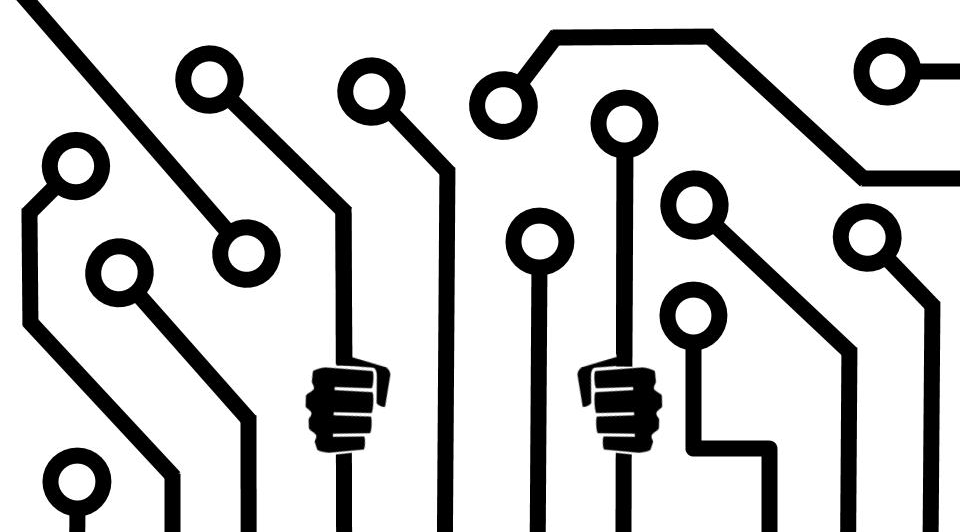
Abolish the #TechToPrisonPipeline
Abolish the #TechToPrisonPipeline Crime-prediction technology reproduces injustices & causes real harm. The open letter highlights why crime predicting technologies tend to be inherently racist.
Read More
Discrimination through optimization: How Facebook’s ad delivery can lead to skewed outcomes
The enormous financial success of online advertising platforms is partially due to the precise targeting features they offer. Although researchers and journalists have found many ways that advertisers can target – or exclude – particular groups of users seeing their ads, comparatively little attenti… Ad-delivery is controlled by the advertising platform (eg. Facebook) and researchers […]
Read More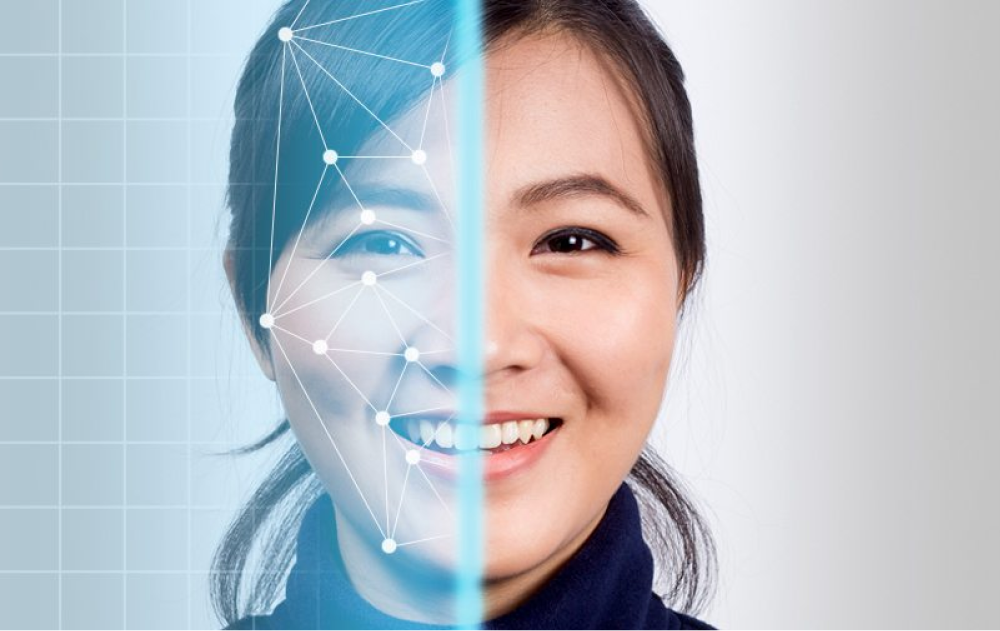
Facial recognition
Gender Shades: Intersectional Accuracy Disparities in Commercial Gender Classification Recent studies demonstrate that machine learning algorithms can discriminate based on classes like race and gender. In this work, we present an approach to evaluate bias present in automated facial… Commercial AI facial recognition systems tend to misclassify darker-skinned females more than any other group (lighter-skinned […]
Read More